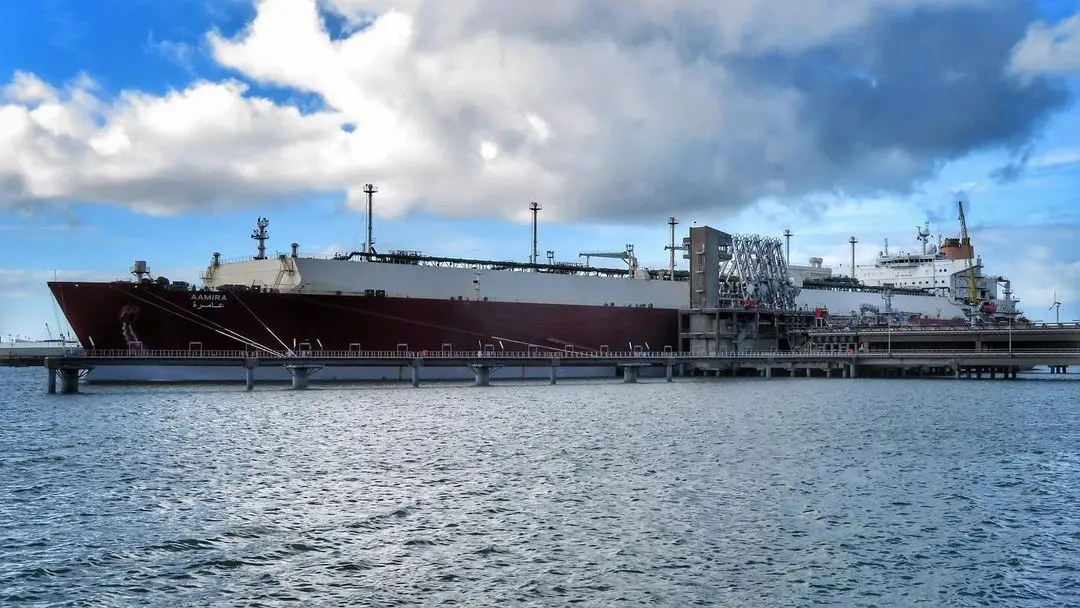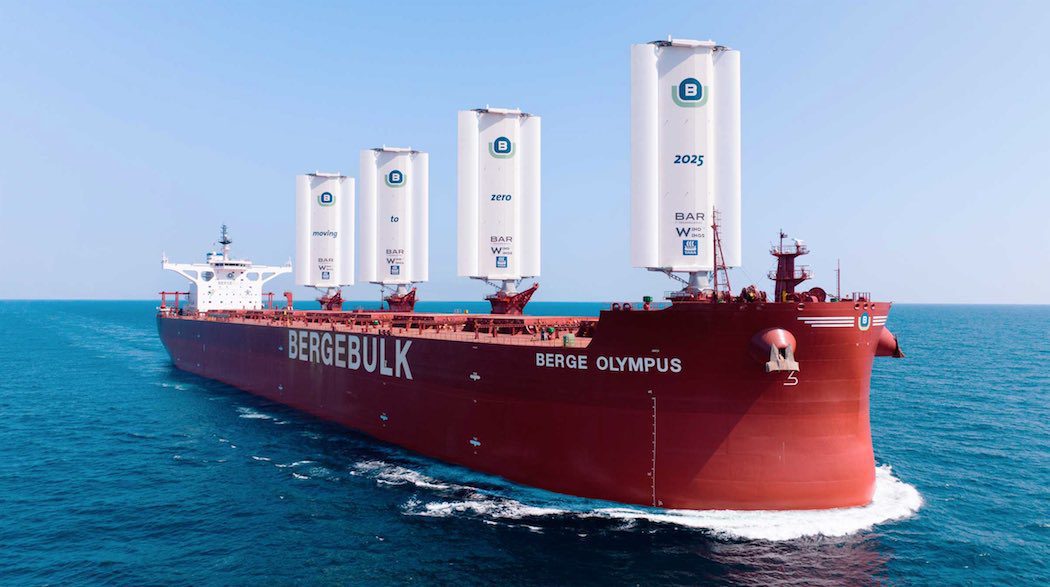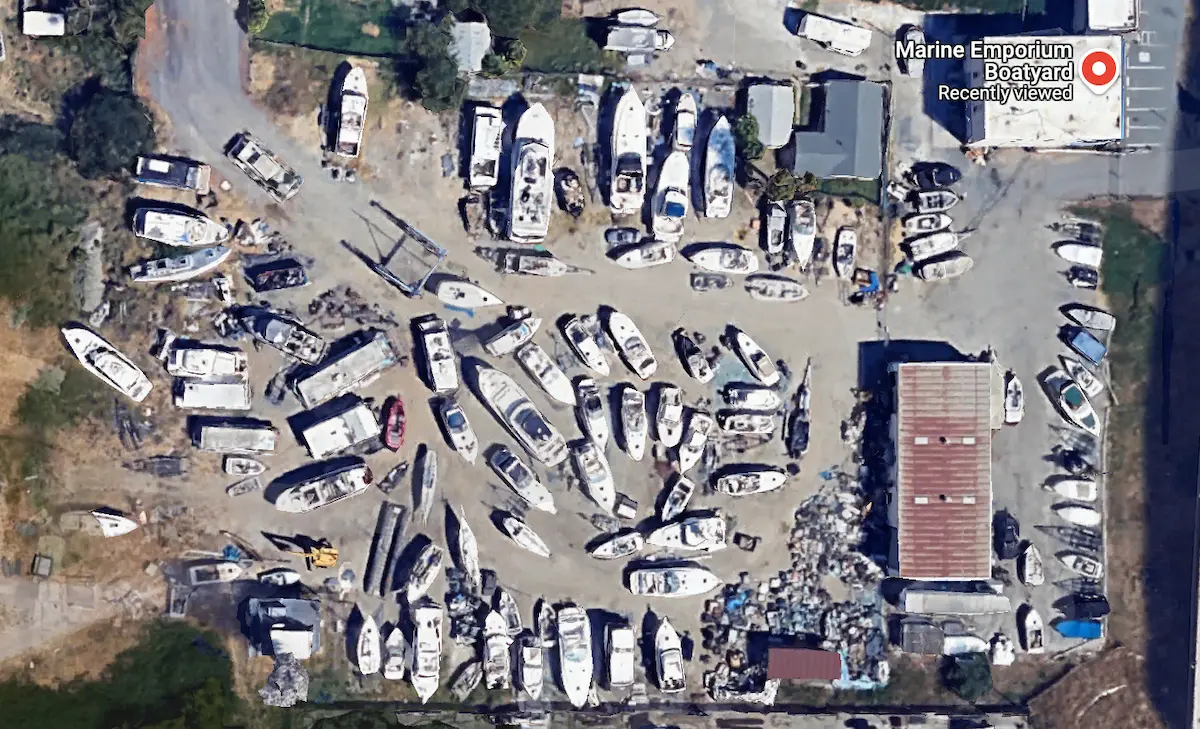The construction and functionality of maritime boats and offshore constructions are governed by and upheld by the ship classification society, a non-governmental entity.
In this article, we will look into the top 10 Ship Classification Society that serves as a regulatory body that monitors marine safety and pollution management to provide classification, legal services, and help to the maritime industry.
As the need of the hours calls for a greener and cleaner environment, the Classification societies are under increasing pressure from the larger industry to offer solutions to the difficulties it is under in terms of existing vessels and new builds. They must strike a balance between that and the urge to expand their business and how to bring out a feasible solution to these rising concerns.
Especially right after the pandemic, the past few years have been more difficult years for classification societies due to layoffs, furloughs, and delays in surveys and inspections. Classification societies are under growing pressure to guarantee that novel ways of complying are safe as a result of regulations that are getting more and more stringent.
The majority of the top classification societies increased their tonnage in recent years in light of this. In this article, we discussed in detail the role and purpose of the organization, but now let us look into the top 10 classification societies.
1. DNV (Norway)
Headed Mr. Remi Eriksen as the CEO, DNV is the largest ship classification society in the world and is leading its competitors over the last few years in terms of gross tonnage. Also, its dominance in the unitized and general cargo ship categories as well as its widespread presence in the tanker market.
DNV GL also leads in the area where classification societies may be most helpful to the sector outside of their core service: technical insights, professional guidance, predictions, and data availability.
Although DNV GL covers a lot of ground, this is perhaps most apparent when it comes to environmental concerns, where DNV GL provides essential services like the most recent information on the usage of scrubbers and alternative fuels.
The classification society continues to be a vocal supporter of liquefied natural gas as a temporary fuel for the decarbonization of shipping, a topic that will gain more significance over the next years.
2. Class NK (Japan)
With the operations controlled by Mr. Hiroaki Sakashita, its share of the global fleet more than double that of the second-class society in this specific market segment — and accounting for more than half of Class NK’s fleet — the Japanese ship classification society is by far the largest participant in the bulker market.
In Japan, class NK was actively involved in assisting with the construction of liquid ammonia carriers and taking part in CO2 capture trials, ClassNK has increased its engagement in shipping’s environmental technology initiatives.
Over the years class NK had also launched research programs in carbon recycling technology
3. ABS, American Bureau Of Shipping (USA)
The largest portion of the world’s tanker fleet, one of the most significant in shipping, is controlled by the American ship classification society.
Invaluable information on the situation of alternative fuels and shipping’s preparations — or lack thereof — for a decarbonized future has been provided to the markets by the organization.
In this regard, ABS was also one of the creators of the Maersk Mc-Kinney Moller Centre for Zero Carbon Shipping in Copenhagen, which may prove to be a major player in this endeavor.
ABS CEO Christopher J. Wiernicki also emphasized the value of shipping’s human capital amidst the overwhelming digitalization drive and the expanding predominance of decarbonization goals.
4. The Lloyds Register (United Kingdom)
The well-known company in the UK dominates the gas tanker fleet and has a strong presence in all areas of transportation.
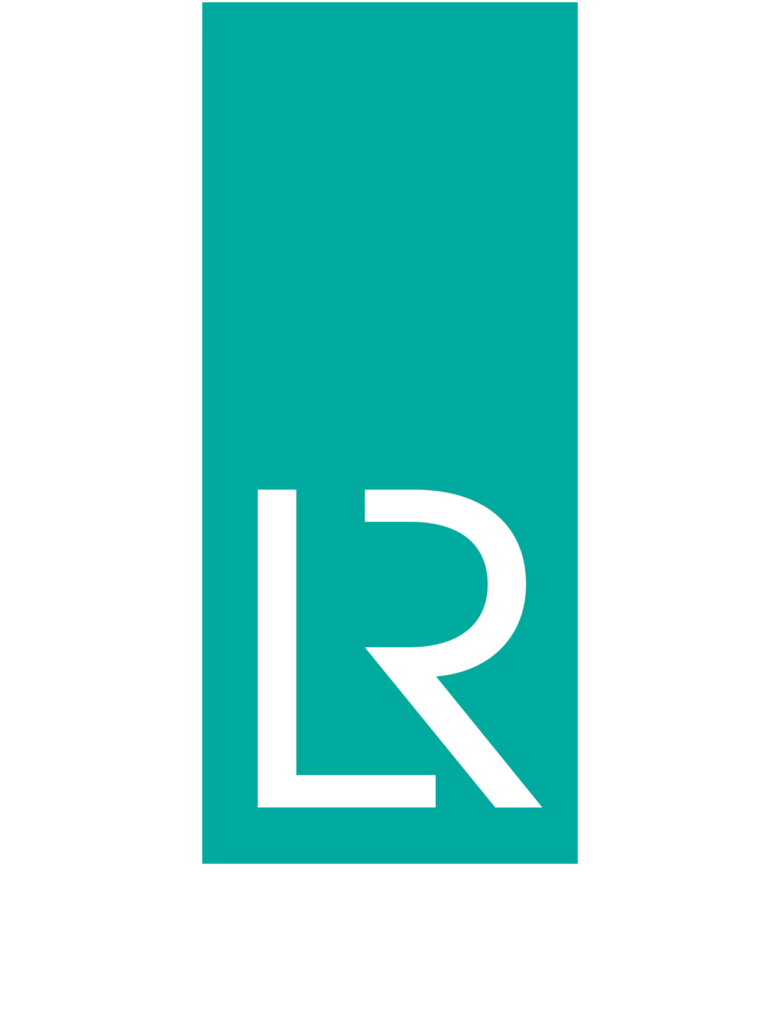
LR developed its decarbonization research base in the UK in 2020, becoming a significant player in the development of decarbonization thought leadership through its workforce expertise and partnerships with industry and academia.
Nick Brown, head of LR Marine and Offshore, was a driving force behind the classification society’s attempts to standardize surveys in the wake of the coronavirus epidemic, which hampered physical inspections. Mr. Nick Brown will is also the council chair for the ICAS till 31st Dec 2023.
5. China Classification Society (China)
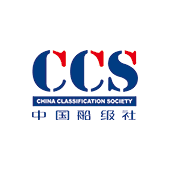
CCS is a force to be reckoned with, holding the second-largest market share in the bulk carrier sector (which makes up roughly half of its fleet) and having a sizable presence in the tanker industry.
Because of its partnerships and connections with some of the biggest businesses in China, such as Cosco Shipping, CCS should be able to support these businesses as they transition to new technologies and expand alongside them.
The Chinese ship classification society is steadily making its way up to become one of the industry’s major players.
6. Bureau Veritas (France)
Although BV’s classed fleet is diversified over a variety of vessel types, bulkers, tankers, and unitized ships make up around 75% of the whole fleet.
Matthieu De Tugny, president of BV marine and offshore, has been outspoken throughout the past years raising topics including the industry’s struggle with decarbonization.
French ship classification society Bureau Veritas has been busy attempting to assist its clients and the market in navigating them as the demands on the maritime sector, from cyber-security to environmental performance, build up.
The classification organization has assisted in locating upcoming decarbonization projects in need of funding and is a founding member of France’s Coalition for Maritime Environmental and Energy Transition.
7. Korean Register (Korea)
Headed by Mr. Hyung-Chul Lee who has served for more than 30 years with the organization is the president and chief executive officer of the Korean Register. His sole aim is to transition Korean Register to a digital categorization society.
In the recent past, Korean Register granted Hyundai Heavy Industries Group authority in principle for the creation of the first-ever 20,000 cu m liquefied hydrogen tanker.
However, other elements remain the same, such as the fact that more than 40% of the KR-classed fleet is still made up of bulkers.
KR’s engagement in such initiatives should rise in light of South Korea’s new pledge to be carbon neutral by 2050.
8. RINA (Italy)
The bulker industry is RINA’s largest sector, although the Italian ship classification society dominates the passenger shipping market.
Alberto Cavaggioni was appointed as the president and CEO of the company this year and pledged to serve social interests such as energy, industry, mobility, and infrastructure.
In the recent past, RINA was the target of a cyber-attack as well but was able to defend itself, offering another reminder of the dangers the sector faces and the need for preparation.
Additionally, it finished the first ship’s statutory and intermediate survey utilizing remote live-streaming technology.
9. Russian Maritime Register of Shipping (Russia)
Konstantin Melnikov, the director general of the RS leads the company towards a sustainable future. The Russian ship classification society’s services are now available to the whole marine fleet as it continues to grow. The tanker, general cargo, and gas tanker fleets make up its three main component sectors.
As RS is a key partner in the construction of Arctic Shipping boats, particularly those connected to Russian energy projects and liquefied natural gas exports that will be rolled out, its tonnage should increase further in the upcoming years.
10. Indian Register of Shipping (India)
Led by Mr. Arun Sharma. India’s classification organization, which was founded some 45 years ago, is a key player in the nation’s maritime industry.
Although bulkers also make up a significant portion of IR’s fleet, tankers are the industry’s largest component.
IR also enjoyed a prominent position on the international scene joining the IACS chairmanship in the year 2019. Mr. Sharma presided over the IACS throughout the implementation of the 0.5% sulfur cap and the early reaction to the coronavirus epidemic, which saw classification societies agree to pool surveyors to get around the logistical challenges.
By the predetermined cycle, IACS chairman Arun Sharma of IR resigned in the middle of 2020 after serving in the role for a year.
- Types of Gas Carriers as per IGC Code – April 22, 2025
- Wind-Assisted Propulsion Systems (WAPS): A Game Changer for Maritime Decarbonization – February 6, 2025
- 10 Boat Salvage Yards in California – January 25, 2025


